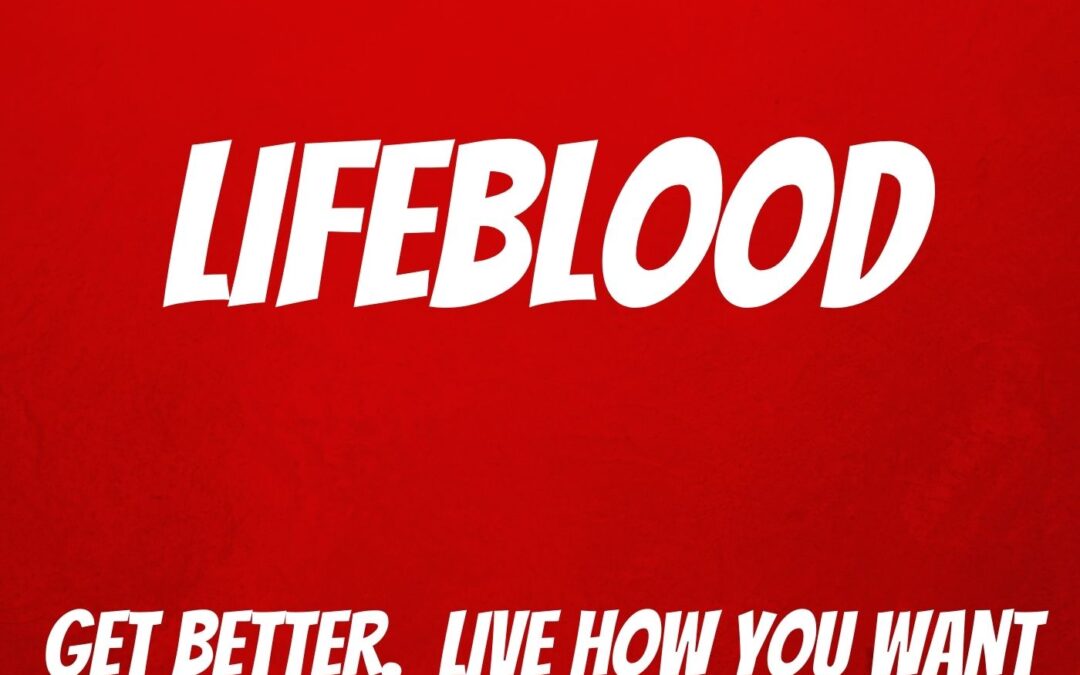Selling Online with David Emmons
We talked about taking physical art and selling online. Making the transition from all your business being doine a festivals to eliminating some of the dates in favor of online sales. Learning and understanding the world of internet marketing, The power of social media and ad targeting. How to figure out who your ideal customer is and what they want from you!
Listen to us On
About the Episode
LifeBlood BRAND: We talked about taking physical art and selling online. Making the transition from all your business being doine a festivals to eliminating some of the dates in favor of online sales. Learning and understanding the world of internet marketing, The power of social media and ad targeting. How to figure out who your ideal customer is and what they want from you. How to show up authentically for the people who are interested in you and your product. And the power of live video and wh sometimes you’ve just got to go for it with David Emmons, artist and online marketing expert.
Listen to learn how to determine if what you do can successfully be sold online and how to get started!
For the Difference Making Tip, scan ahead to 19:57!
You can learn more about David at ArtistMarketingBlueprint.com, Facebook and LinkedIn.

George Grombacher
Lifeblood Host

David Emmons
Guest
More Episodes
What is Your Superpower?
What is your superpower? Have you ever thought about that? We (Homo sapiens) have been on top of the food chain for 2 million years, and there are many reasons for this. We’ve got these amazing opposable thumbs that allow us to grasp and manipulate objects...
Minding Your Own Business: Unlocking Your Financial Success
Minding your own business is one key to unlocking your financial success. Your ability to stay focused and to stay on task will determine where you ultimately end up. Humans love shiny objects. We love novelty and distraction. We carry around little weapons of...
Finding the Missing Piece
Have you ever known anyone in search of the missing piece? Someone who feels incomplete and is trying to fill the void inside of them with things? I have. And I’ve been that person. In Shell Silverstein’s wonderful poem, The Missing Piece, we’re introduced to a...
Who Do You Want to Be with Money?
Who do you want to be? If I asked you, “Who do you want to be?” You might have a difficult time answering. Because it’s an enormous question. But if I asked you, “Do you want to be someone who’s good with money, consistently invests, and makes good financial...
How to Have a Better Tomorrow
I want to help you have a better tomorrow. One of the common bonds between all humans is our impulse to find happiness. Too often, we’re looking in the wrong places, and doing the wrong things expecting them to give us the right results. If you don’t think your future...
How to Become Financially Secure
You want financial prosperity, and I want that for you as well. In fact, I want you to get whatever you want out of life. In order to do that, you need to be financially secure-something only a small percentage of Americans are. Being financially secure means...
Successfully Dealing with External Forces
On our paths to success and contentment, we constantly encounter external forces which can derail or sidetrack us. The more prepared we can be, the better our chances of successfully dealing with resistance. I grew up in the Midwest, and on summer road trips,...
Overcoming Internal Resistance
Internal resistance shows up every time we decide to make change. Our brains are awesome. They’ve kept us at the top of the food chain for over 2 million years, and that’s something I’m grateful for. They’re also great at keeping us alive through instincts like...
Understanding Your Financial Patterns of Behavior
We all have patterns of behavior and habits we follow. But why? Where do they come from? How can we change them? Humans have been studying patterns for a long time. Ancient Greeks like Plato and Pythagoras worked to understand patterns in nature. Over time,...
Join the show.
Interested in being on the show? Tell me a little bit more about you and what you’d like to talk about!














